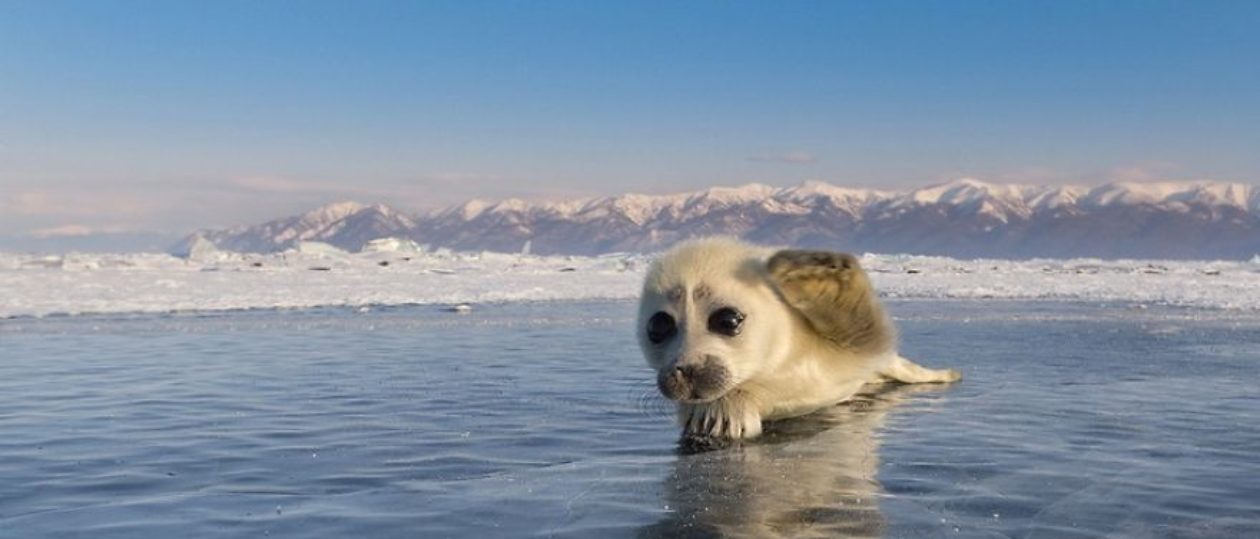
“I know many people will say that they don’t know what their joy or life’s work is. But I’ve worked with thousands of people, and I’ve always seen the same exact thing happen. When you take your desires seriously, you suddenly know what to do. We often don’t know what we love, because we don’t pay attention to the interests or activities that don’t look as if they will be financially rewarding or fit into our existing lives. But where there is electricity, there is power. You may need a sacred time-out for reflection or the company of someone who is on fire with their own life to help you ignite your innate direction. Remember, your doubt is not “realistic.” It’s conditioned. Just because a tribe of uninformed or frightened people agree on a reality does not make it real. There is an emerging tribe of people, myself included, who will tell you that it’s more realistic to believe in your natural strengths, your inner resources, and the formidable power of love.
This much I know: You do have a life purpose. You do have inspired work to do. You have enough love and energy in you to create absolutely any circumstance you need. Why would it ever be good judgment to ignore your own gifts, desires, and blueprints to the divine? Why would it ever be frivolous to ride the river of your joy, especially when it meant that you could make a unique contribution to our society, and would have more aliveness, hope, and promise to offer those around you? When did despair and suffering become the measure of productivity and contribution? How did facing down our fears and limitations become viewed as being soft-hearted and dizzy? Human culture has evolved and expanded because of those who followed a vision, not because of those who swallowed one.
So, what soul calling have you been telling yourself isn’t practical? What desires have been knocking at your door? Are you willing to trust your love more than your fear? This path may not be easy, but it will soothe and liberate you more than anything else ever will. Dare to dive deep into your lifetime. Follow your heart no matter what.” Tama J. Kieves









